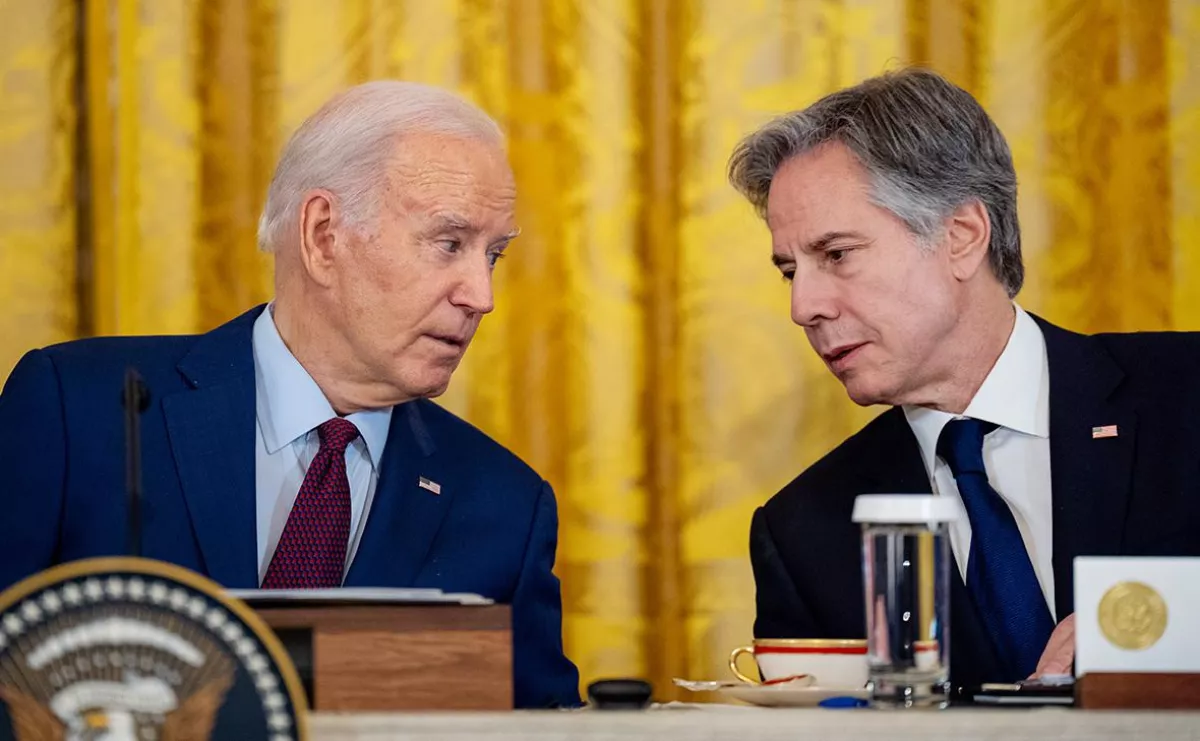Washington changes its tone From Biden’s ultimatums to Trump’s constructive approach
On May 28, U.S. President Donald Trump sent a congratulatory letter to Azerbaijani President Ilham Aliyev on the occasion of Azerbaijan’s Independence Day. In the letter, Trump wrote:
“We value our relationship with the Republic of Azerbaijan and appreciate your partnership with the United States in combating terrorism, advancing energy security, and working towards peace with your neighbor. Our relationship has advanced significantly during our more than 30 years of diplomatic relations, and we look forward to continued collaboration on our bilateral priorities, including security cooperation, economic partnership, and energy development.”
Yes, indeed, Baku has effectively cooperated with Washington, particularly in the field of counterterrorism. One only needs to recall Azerbaijan’s provision of an air corridor for the delivery of military supplies to Afghanistan, as well as the participation of Azerbaijani peacekeepers in the international mission there.
During this period of cooperation, the infamous Section 907 was suspended. However, with Joe Biden's rise to power and the inglorious end of the U.S. operation in Afghanistan, that moratorium was lifted. President Aliyev has repeatedly spoken out about this and many other unfavourable actions taken by the Biden administration.
“When the United States needed Azerbaijan, the so-called section 907 to the Freedom Support Act, which was discriminatory to Azerbaijan, was waived, and every president of the United States was issuing a waiver every year. But as soon as the Biden-Blinken administration ran away from Afghanistan – and all of us saw how they did it – they re-imposed this amendment against us again. Being so ungrateful is very harmful for the administration itself, because who will trust them after that? And our level of trust to Biden-Blinken team was close to zero. Our relations were in deep crisis,” President Aliyev said at the international forum “Facing the New World Order” held in April this year.

Equally noteworthy is the second part of President Trump’s congratulatory message: “The United States continues to support a lasting peace between Azerbaijan and Armenia. A peaceful resolution of the conflict will ensure a more prosperous South Caucasus region and will lead to greater opportunities for cooperation with the United States. Now is the time to commit to peace and usher in a new era of prosperity for the people of the South Caucasus,” the American president wrote.
What stands out is the notably delicate tone of the appeal for peace. The U.S. President is not calling for the signing of a peace treaty per se, but rather for peace in a broader sense—implying that the process is not one-dimensional, but includes various nuances and preliminary steps. This approach aligns closely with Baku’s position.
It is worth comparing this wording to the messages sent by President Biden and his administration, which openly sought to pressure Baku into signing a peace agreement with Armenia by an arbitrary deadline. Put simply, Washington’s letters during the Biden era to official Baku resembled low-grade ultimatums more than serious diplomatic messages.

It is worth revisiting the key nuances of the peace process—issues that, one might reasonably assume, President Trump views with a degree of understanding. These include Baku’s principal demands: the formal dissolution of the OSCE Minsk Group and, most importantly, the removal of Armenia’s territorial claims against Azerbaijan from its Constitution. On both counts, the Armenian leadership continues to advance misleading narratives aimed at evading these obligations and stalling the process.
Ultimately, Armenia’s willingness to move beyond rhetoric and demonstrate a genuine shift in its approach to peace will determine its role in the emerging regional framework in the South Caucasus—and, by extension, its future.
If Western countries truly wish to see Armenia prosper, they must support the establishment of peace based on the just conditions put forward by Baku. There is cautious hope that President Trump may be willing to reconsider the outdated, worn-out, and hypocritical principles that have long guided the White House’s approach to the South Caucasus. Both pragmatism and a sense of fairness point in that direction.








